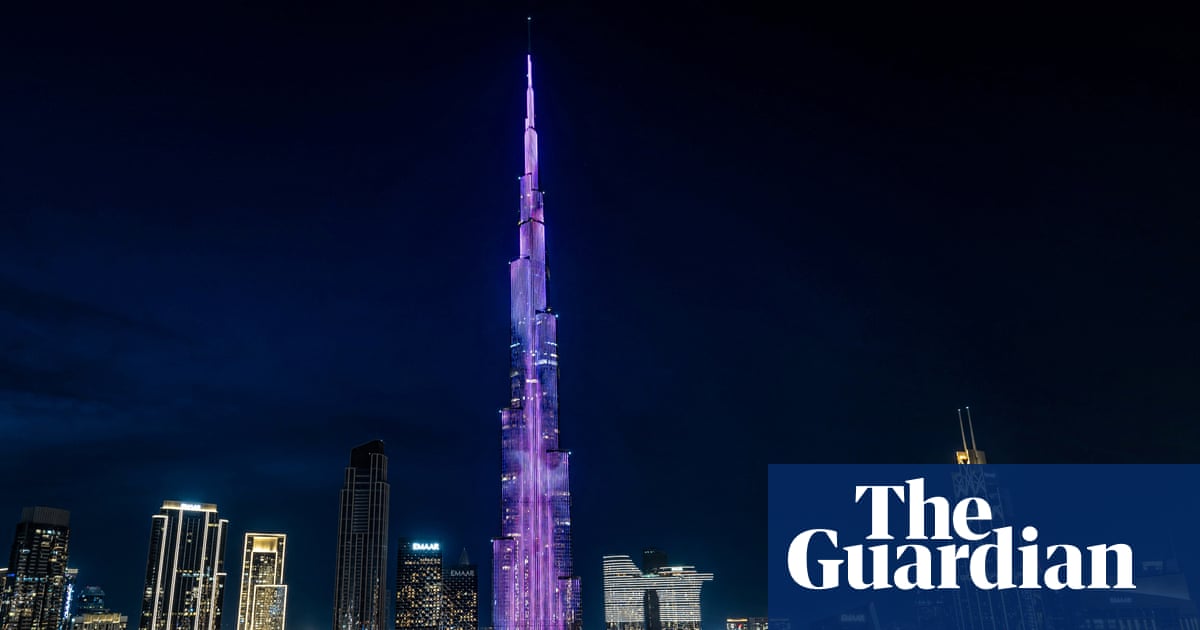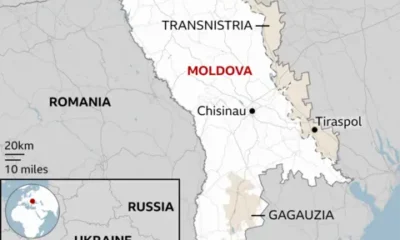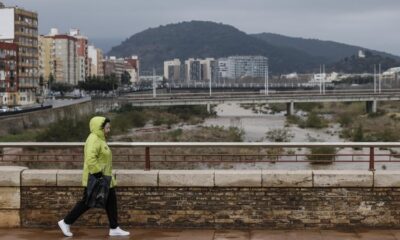Opinion
Why Britain must not get taken in by Dubai’s skin-deep glitz | Letters
Read more on post.

Jonathan Liew is to be congratulated for his incisive views about Dubai and its attraction for the right (The populist right wants to remake the UK in the image of Dubai. We should all be careful what they wish for, 23 September). I fled the place after two years of a three-year contract because of the horrible way the emirate treats guest workers. I’ve returned three times on brief trips because of my work as a journalist or consultant (plus once because a storm cancelled my flight). On all those trips, the place appeared glitzy, but the nasty underbelly persisted.
I’ve watched as bored local men bought heroin as the electric windows of their car slid open to permit an exchange on the roads. I’ve visited hospitals where the babies of maids raped by their employers waited for adoption. I’ve seen the stables where the locals house thoroughbreds in palatial conditions that the labourers who work on constructions in 45C heat would consider a paradise.
I have watched rents skyrocket over the past two decades, in a city where vast numbers of apartments remain empty while owners wait for property prices to rise. I’ve travelled in the sweaty metro to avoid the monstrous traffic jams. I’ve heard the stories from friends about the way the ruling sheikhs control their daughters who desire freedom in a society where women remain second-class citizens. I could continue, but you get the idea.
Name and address supplied
Dubai embodies what the Marxist geographer David Harvey calls the “spatial fix” of capitalism – the search for new urban spaces to absorb surplus capital and labour. Its rise from fishing port to global hub was not an organic process but a highly planned strategy of accumulation by dispossession. Land reclamation, mega-projects and speculative real-estate ventures are not simply architectural spectacles, they are instruments for financialising space and transferring wealth upward.
Marxism frames cities as sites where the contradictions of capitalism are intensified. Dubai illustrates this vividly. Its luxury malls, artificial islands and glittering towers represent use-values only for elites and global investors. Beneath them lies an underclass of migrant workers living in segregated, precarious conditions – an echo of Marx’s reserve army of labour. This bifurcation allows the city to appear as a post-national “world city” while relying on tightly policed hierarchies of race, citizenship and class.
Harvey’s concept of the “right to the city” also highlights what is absent in Dubai: democratic urban governance and collective claims over space. Public life is subordinated to consumption and spectacle; dissent, unionising and grassroots urbanism are tightly restricted. Far from being a neutral platform for cosmopolitan exchange, Dubai’s urban fabric reflects a deliberate strategy to attract global capital and manage labour in ways that keep the contradictions of accumulation out of sight.
In Marxist terms, Dubai is a paradigmatic case of urbanisation as a class project. It converts oil rents and speculative finance into monumental infrastructure to secure future accumulation, while externalising social and ecological costs on to invisible populations and distant environments. Its promise of limitless growth is thus both a mirage and a warning about the planetary limits of the capitalist city.
Lance Goodman
Carbis Bay, Cornwall









